
views
New Delhi: Teachers, who play a vital role in shaping the society, actually spend mere 19.1% of their working hours in imparting knowledge. But what do they do in the remaining time? Answer: election duty, carrying out surveys, pulse polio campaigns and maintaining mid-day meal registers.
The startling facts were revealed in a report titled ‘Involvement of Teachers in Non-teaching Activities and its Effect on Education’.
The report stated that of the 220 days mandated by the Right to Education (RTE) Act, just 42 days were spent on teaching in 2015-16.
Under the provisions of the Right of Children to Free and Compulsory Education Act, 2009, classes I to V (primary) should have 200 working days and classes VI to VIII (upper primary) 220 working days per academic year, with a 45-hour work in a week.
However, when the teachers were asked to recall their activities in the mentioned year, it came to light that 81% of their time was spent as Block Level Officers (BLOs), conducting surveys and duties in the election year.
The data was released after National Institute of Education Planning and Administration (NIEPA), an autonomous body under the Ministry of Human Resource Development, conducted the study in select states under Vineeta Sirohi and Manju Narula of the Department of Educational Administration.
The states covered were Gujarat, Maharashtra, Karnataka, Orissa and Uttarakhand.
What the Numbers Say?
Government school teachers say their responsibilities, in addition to teaching, are spread throughout the year, and the report translates that claim into compelling numbers.
The report claims, only 19.1% of a teachers’ annual school hours is spent on teaching activities. The remaining 81% of teachers’ time is split as “42.6% non-teaching core activities," “31.8% in non-teaching school related activities," and “6.5% on other department activities".
As per official statistics, there are 14.67 lakh schools in the country, with 10.7 lakh government schools and 3.49 lakhs private schools. There are 11 crore children in government schools and 7.43 crore children in private schools. About 6 crore children studying in government schools are estimated to be below the Poverty Line. The official data says there are 80.7 lakh teachers appointed nationwide, out of which 47.3 lakh are government school teachers.
The report highlights how every year one or the other state has elections and how the system finds the resources for the elections through government school teachers. The non-availability of teachers does affect student achievement level.
Among the states there were not many variations in time spent by the teachers for census duty.
In all states the time spent on various non-teaching activities varies with the teachers teaching at different levels: More in case of primary level teachers than upper primary level.
The report also suggests primary school teachers spend higher proportion of school hours annually in non-teaching activities as compared to upper primary school teachers.
In another study, conducted by NCPCR, the burden of non-teaching activities has utilised the most important players of ensuring the RTE – teachers and infrastructure.
The Commission had undertaken a desk review regarding implementation of section 27 of the RTE Act 2009 and involvement of teachers in non-academic activities.
The desk review found that since considerable academic time is lost during the elections, the provision of minimum 220 academic days as per the Schedule u/s 19 of the RTE 2009 remains unfulfilled, leading to violation of important provision of the Act.
The NCPCR report says, “Most of the total 9,28,237 polling stations in 2014 general elections were located in school buildings. For this both private and government school buildings were acquired. Due to this, 10 days are spent in preparations, security measures and inspection. During the period of election duties, Mid-Day Meal is not served in the schools, depriving students of nutrition and the fundamental right to development. Almost 15% of government school teachers are engaged as BLOs, which should not be included as election duty."
Overburdened Teachers
Government school teachers say that many among them are designated BLOs and the additional non-academic responsibilities chew into their teaching time. A teacher at the Salarpur primary school in Noida said that barring two, every teacher at the school was also a designated BLO, who have to furnish their duties at the expense of their primary job — teaching.
“The additional responsibilities are present all academic year. Before elections, we have to make voter IDs for people in the area. Then we also have to do household surveys. We have to conduct baalganna (children count) for children aged six to 14. We have to find who goes to school, who doesn't, what their parents do," the teacher said on grounds of anonymity.
According to her, the household surveys usually happen in April or August. This year, they conducted one such survey in August. The entire process took about 20 days’ time, during which there were only two teachers available to teach at the school.
“Government gives us BLO distinction and then assign areas. We have given our time, our Sundays and vacations for fulfilling these responsibilities. And no other offs are provided to us as reimbursement if we work during our holidays," another teacher at the school said.
Other duties include rigorous work during Pulse Polio campaigns, Census years and election seasons.
Meanwhile, facilities at the primary school remain in absence.
The additional duties of teachers take a considerable bite out of their actual teaching time. Most BLOs go out for work, leaving behind a few teachers to handle the entire school. “Sometimes even during class we have documentation and paperwork to do. And we feel bad that we can't teach the children. We want to work harder with them, but we don't get the time. I feel really bad," said one teacher.
According to the teachers’ estimate, at least 30 to 40 percent of their annual working hours, during which they should be teaching, go towards fulfilling additional duties that come with being a government school teacher.
Sunita Kumari, a teacher at the government primary school in Kulesara, said that out of a total eight teachers at her school, one worked with the regional juvenile home and four had to furnish BLO duties. The remaining three were left to handle 555 students.
“According to RTE (Right to Education Act), the student- teacher ratio in primary schools should be 35:1 and in upper primary schools, it should be 30:1. But this has not happened in government schools. If there are enough teachers, we are ready to fulfill all duties," Kumari said. “Nine classes for three teachers is a difficult task," she added.
Aside from additional duties, teachers also have to do clerical work like distribution of school uniform and maintaining the mid-day meal register. The BLO duties too don't have a fixed timing. Teachers say April, July, August and September months are especially hectic.
“We have raised this issue during meetings with the District Magistrate and the Sub-Divisional Magistrate. But they say they too have a shortage of personnel and officers to do the work," one teacher at the Salarpur school said.
An official at the Directorate of Education, Government of NCT of Delhi refuted the teachers’ claim. “Giving three days once in five years is not a big deal," the official said on the grounds of anonymity and added, “If the teachers are asked to attend a 15-day teaching workshop in a foreign country, they would be more than happy to do so."
Recommendations of Report
In 2016, HRD Ministry decided to undertake a study to assess time spent by teachers in non-teaching activities and its adverse impact on education. The study was announced to be carried out by the National University of Educational Planning and Administration (NUEPA).
The Minister of State for HRD Upendra Kushwaha said in a written reply to Lok Sabha.
He said that as per the Right of Children to Free and Compulsory Education (RTE) Act, no teacher shall be deployed for any non-educational purpose other than decennial census, disaster relief duties or duties related to elections to the local authority or state legislatures or Parliament.
The NIEPA study recommends that at the national level the Ministry of Human Resource Development should “consider to develop a definition for teaching and non-teaching activities."
The report said that among the other activities delivered to different departments, BLO duty takes most of the teaching time which is in violation of RTE and recommended that “other than decennial census and disaster relief duties, election duties for local authorities, state legislature and Parliament maybe conducted only on polling or counting day."
While NCPCR recommends “One Nation, One Election," to curb the exploitation of resources, as in the present case it leads to violation of Right to Education by utilizing the key players who make RTE a success.













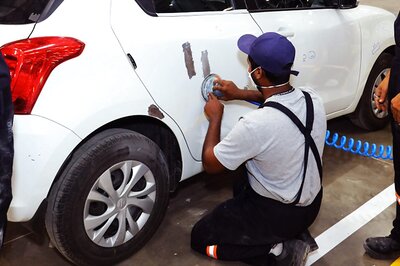
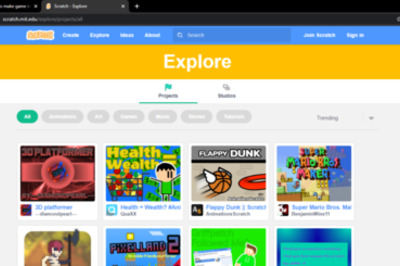

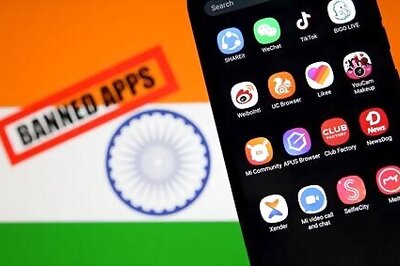
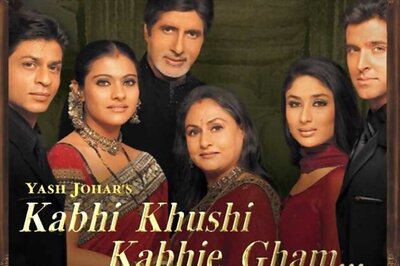
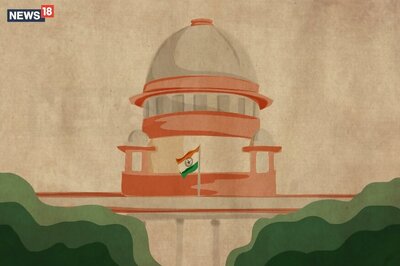

Comments
0 comment